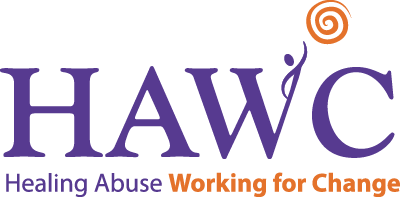Abuse can occur in relationships of any age. In fact, young women ages 16 to 24 are three times more likely to experience an abusive relationship than women of any other age.
For many young people, romantic and sexual relationships may be a completely new terrain. As a result, it can be hard to recognize the signs of an unhealthy or even abusive relationship. Parents might struggle to identify teen dating violence too, because as teens become more independent, they also become more private about such issues.
In order to stop the cycle of domestic abuse, teens and parents alike need to learn the warning signs associated with teen dating violence. If you start to notice any of the following signs, you or a young person you know might be experiencing abuse:
- Immediate or chronic intensity: A relationship develops extremely fast or constantly has high-intensity “drama,” including severe highs and lows. This means you might feel the need to walk on eggshells around your partner, for fear of their extreme reactions. Much of the time, these frequent “highs” appears as attentiveness and the “lows” occur because the attentiveness has become controlling — as partners seem to always check in on you or make you check in on them. Eventually, these controlling behaviors escalate, and partners may try to control what you wear, how you eat, or where you go and who you can be friends with.
- Manipulation: A partner tries to influence your decisions, actions, and emotions through strategic tactics. Partners might coerce you, threaten you, ignore you, or blame you for their violent actions. Conversely, they might use gifts and attention to pressure you into keeping them in your life. Part of manipulation is convincing you that what you like, who you like, and what you do is worthy of guilt. As a result, partners might criticize the things that are important to you, keep you away from friends and family, or make fun of you.
- Betrayal: Your partner acts differently around you than around everyone else. They might say things to you that they will later deny, leave you out of plans and conversations, or cheat. They might also make you do things in the name of “love” that could later hurt you, such as missing work, school, or practice. Remember: a healthy relationships means wanting the most for your partner, even if it doesn’t always line up with what you want.
Many of these signs are only recognizable to the person in the relationship. If you are concerned for someone else, consider the following signs of teen dating violence:
- Unexplained marks or bruises
- Declining grades
- Frequent rough-housing or play-wrestling
- Loose or baggy clothes, or a sudden change in clothing choices
- Frequent crying or panic attacks
- Chronic low energy
- Occasional moments of mania or high energy
While the boundary between an unhealthy relationship and an abusive relationship can be hard to navigate, it is always best to trust your intuition. If you feel that you are unsafe or unhappy in your relationship, you’re probably right. If you are still uncertain, be sure to continue engaging in activities that you enjoy and maintain independent friendships that can help you understand what is and is not acceptable in a relationship.
If you are truly concerned about your relationship, however, reach out to a domestic abuse hotline or shelter for more information. HAWC’s 24-Hour Hotline is open to people of any age experiencing abuse. By calling 1-800-1649, you can talk to a trained professional about your experience and create a plan moving forward.
References
- (2017). “10 Signs of an Unhealthy Relationship.” One Love. Retrieved from: https://www.joinonelove.org/signs-unhealthy-relationship/.
- “What are the Warning Signs of Teen Dating Violence?” National Center on Domestic and Sexual Violence. Retrieved from: http://www.ncdsv.org/images/WarningSignsofTeenDatingViolence.pdf


